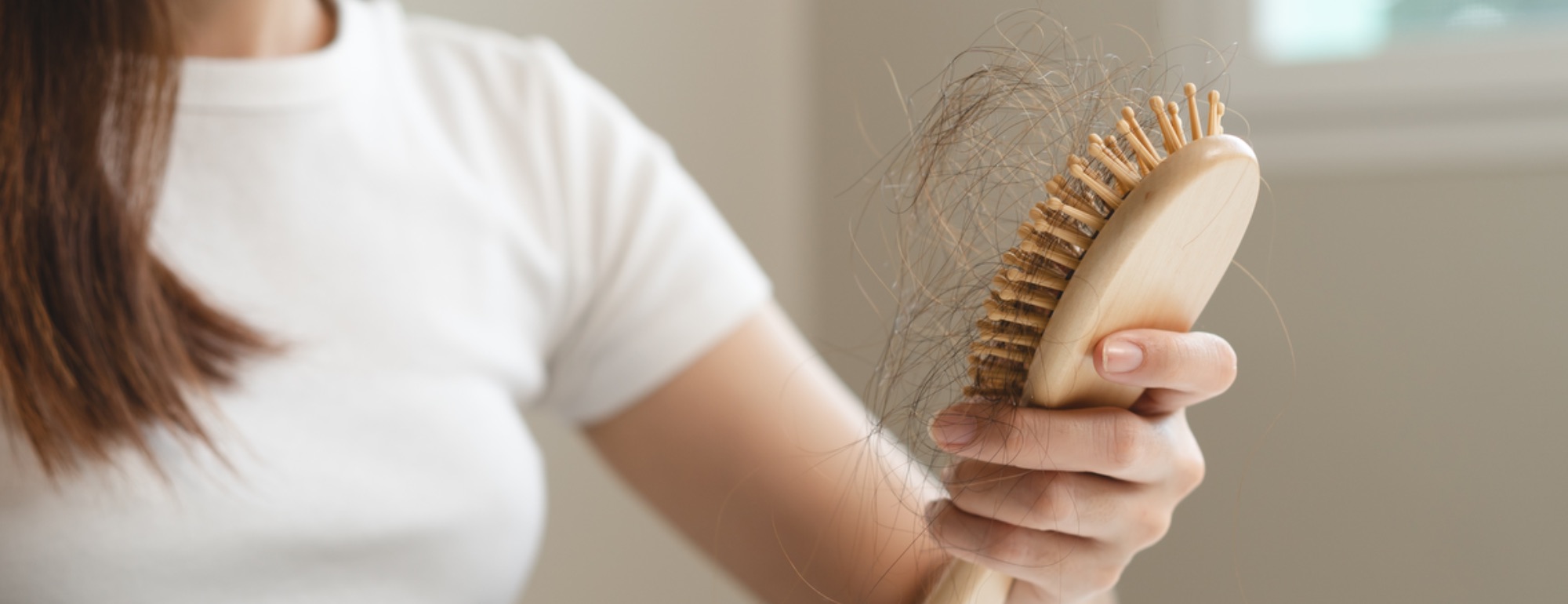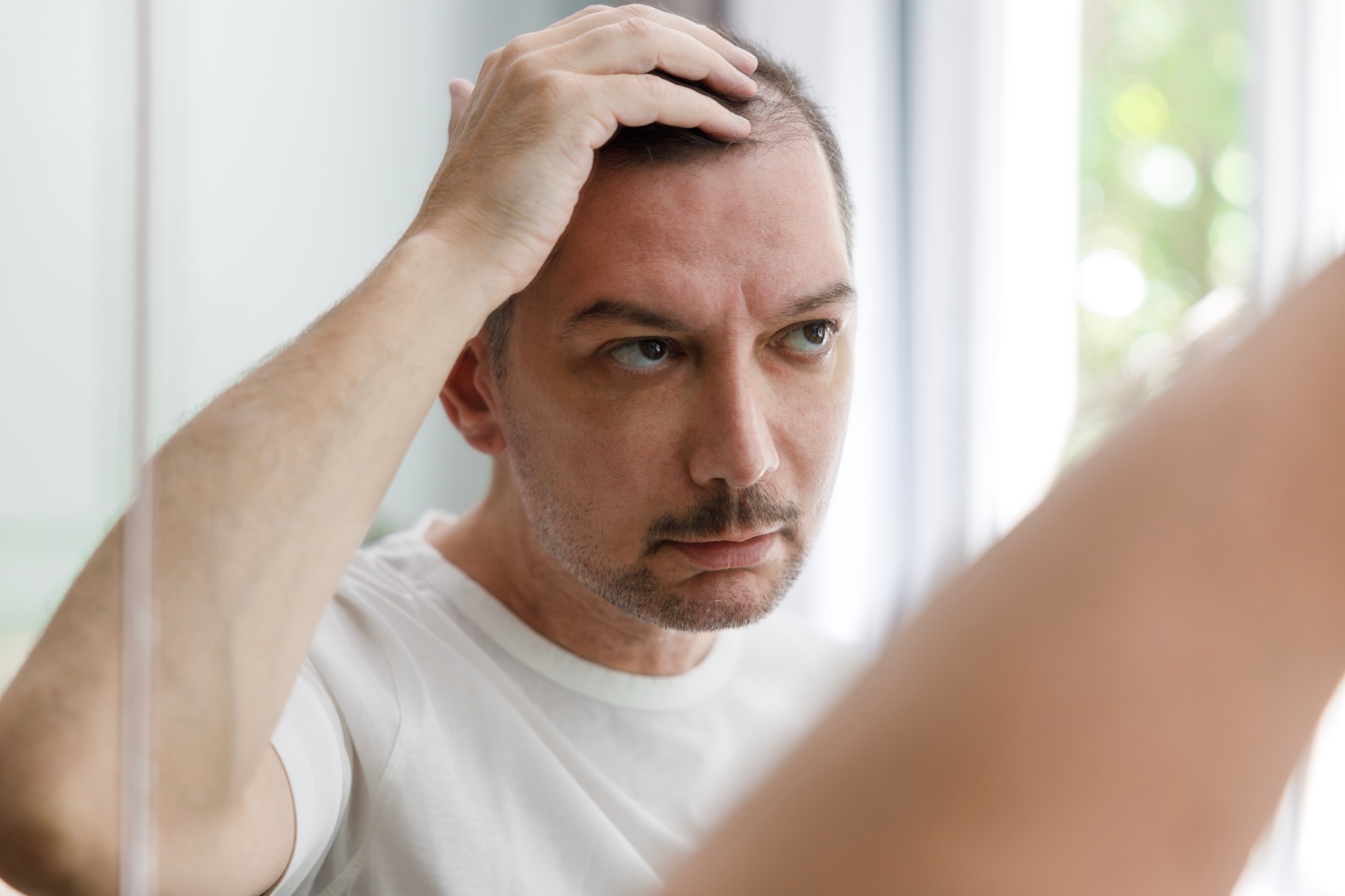
Hair loss is a condition that goes beyond physical or aesthetic issues. For many, hair represents an extension of their identity, a symbol of confidence and self-esteem. When faced with hair thinning or baldness, the emotional impact can be devastating, affecting psychological well-being, personal relationships, and even professional life. This article explores how hair loss emotionally affects individuals, strategies to cope with this situation, and the available solutions, including hair transplants, which can provide a definitive answer to this issue.
Hair loss is a global issue that affects millions of men and women. Multiple factors can trigger it and manifests in different forms, ranging from temporary shedding to permanent baldness. Understanding what hair loss entails is essential for tackling this challenge with the right tools.
Hair loss, also known as alopecia, is characterised by the progressive or sudden reduction of hair density. The main types include:
Several factors can cause or accelerate hair loss, such as:

Hair loss impacts not just aesthetics but also various aspects of life. It is an experience that often triggers a cascade of emotional and psychological challenges, complicating daily life.
Hair is widely regarded as an essential part of personal identity. It symbolises youth, vitality, and confidence. For many, the simple act of styling their hair is a ritual of self-care and individual expression. When hair loss becomes noticeable, this emotional connection is disrupted, leading to feelings of vulnerability and loss of confidence.
Hair loss can lead to various negative emotional outcomes, including:
The emotional impact of hair loss should not be underestimated. It is crucial to address the issue from both aesthetic and psychological perspectives.
Although facing hair loss is challenging, there are strategies to reduce its emotional effects and regain confidence.
Tackling hair loss requires more than understanding its causes; it demands practical approaches and solutions tailored to individual needs.
Fortunately, advanced treatments are now available to combat hair loss and effectively safely restore hair density.
There are several treatment options to combat hair loss, depending on the underlying cause and the stage of hair thinning:
Minoxidil, applied directly to the scalp, is a widely recommended solution to stimulate hair growth.
Finasteride is another effective treatment, particularly for men, as it inhibits the hormone responsible for baldness.
Procedures like PRP (Platelet-Rich Plasma), which involves injecting the patient’s plasma into the scalp, have shown promising results in stimulating hair growth.
Hair transplantation is recognized as one of the most effective solutions for hair loss, especially in cases of advanced baldness. This procedure involves transferring healthy hair follicles from a donor area, usually the back of the scalp, to the affected areas. Hair transplants provide natural and permanent results, restoring hair density and, most importantly, patient confidence.
Advantages of Hair Transplantation:
On the Master Group website, you can find detailed information about this procedure, as well as qualified specialists to guide each patient through the journey of hair restoration.
Facing hair loss can be a challenging and emotionally exhausting process, but seeking specialized help makes all the difference. Consulting experienced professionals like those at Master Group ensures an accurate diagnosis and the most suitable treatment for each case.
Master Group is the leading clinic for hair transplants and hair loss treatments. Here you will find:
Additionally, Master Group offers personalized support for every patient, ensuring all questions are answered before starting any treatment.
Hair loss is an emotionally challenging experience, but effective solutions are available to tackle this problem. Whether through medical treatments, psychological support, or hair transplants, it is possible to regain not only hair but also confidence and well-being.
If you are facing hair loss and seeking a definitive solution, do not hesitate to visit Master Group.